
views
Tammy Abraham had barely left the pitch and the racist abuse had started on social media.
The Chelsea striker, having just seen his decisive penalty saved in the Super Cup final shootout against Liverpool in August, went back into the changing room and opened his phone to be faced by a stream of vile comments.
It's an incident that is just one of a growing number that have affected high-profile black footballers this year.
"I remember speaking to my mum, she was emotional, she was in tears," Abraham recalls. "You know, she's just thinking: 'Why him? Why him?' It's obviously not nice to hear, especially seeing your son getting abused.
"For me, I'm always a strong character, it doesn't affect me as much. But saying that, it could affect people who don't have my personality. It was a challenging moment for me, I went through a lot of emotions. Everyone misses penalties but to miss a penalty I was obviously devastated."
Prior to this season, Abraham had played on loan at Bristol City, Swansea City and Aston Villa over the last three years, but Frank Lampard's appointment as Chelsea manager has helped pave the way for the striker to start playing regularly for the London team.
"I had a lot of abuse but Frank Lampard always had his arm around my shoulder, lifted me up," added Abraham.
The support from Lampard -- who Abraham admits he is still often "starstruck" by -- and everybody at the club following the Super Cup final played a huge part in helping the 21-year-old deal with the racist abuse he'd been subjected to.
"Straight after, the boys, manager and everyone at Chelsea had my back," he said. "The next day, [Lampard] called me to find out how I was.
"He didn't want to go over the situation because he knew how I was feeling, but just wanted to find out how I was, make sure that I wasn't distracted from football and my personal life was all right.
"It's nice to have that support behind you when you're going through times like that."
SOCIAL MEDIA
Paul Pogba, Marcus Rashford, Kurt Zouma and Abraham have all been subjected to racist abuse via Twitter in recent weeks, leading footballers and the public to question the organization's ability and willingness to protect the players.
In a thread last week, Twitter said it had taken action against more than 700 incidents of abuse related to British football and has met with the The Professional Footballers' Association (PFA) and anti-racism organization Kick It Out.
But Abraham believes it isn't enough.
"It just gives everyone an excuse to go online, behind their laptops, behind their phones, to say what they want," he says. "Some people might not think we see it, but we do see it -- and they just want to get reaction.
"So Twitter needs to understand that. They talk a lot about cyber bullying and in a way that is, that is bullying over social media.
"I think some people just don't think footballers are humans, that they have personalities. We are humans, we do see it and it does affect us. Now Twitter needs to do something about it."
Twitter reemphasized the statement released last week when contacted by CNN.
'GOOD TIMES, BAD TIMES'
For somebody so young, Abraham speaks on a painful subject with clarity and maturity.
It is a testament to his mental strength that his best form this season has come in the weeks following that night in Istanbul, scoring two goals in each of his last two Premier League games.
It's a quality that he credits to a close-knit support group; his parents, girlfriend and childhood friends.
"They've been with me all the way, you know, good times, bad times, they've always lifted me up," he says.
Abraham is well aware of the struggle faced by black footballers in decades gone by but is shocked it's a problem that not only persists, but seems to be getting worse.
"I thought it was long gone," he said. "Of course you're always going to get it now and then in certain countries but no, I didn't think it would be an issue in our day and age."
As the son of Nigerian parents who moved to England at a young age, he is even more aware of the struggles faced by minorities in wider society.
"When I was going through the abuse, my dad kind of laughed it off and said: 'Listen, son, this is nothing. This is nothing to what we've been used to, you know, this is over social media,'" Abraham says.
"'It's different when people are saying it to your face, so this is nothing to worry about. This is a minor problem, you'll come through it strong.' That's always nice to hear, especially from your parents."
Growing up in a multicultural part of south London, Abraham is immensely proud of his Nigerian heritage and the role it played in shaping his childhood.
"We are strong Christians. I've had a lot of Nigerian families live around me, a lot of Nigerian friends, a lot of African friends," he says.
"A lot of friends from different cultures who have had to get used to my Nigerian culture, especially coming into my house and eating my mum's food," he smiles. "I've always been proud."











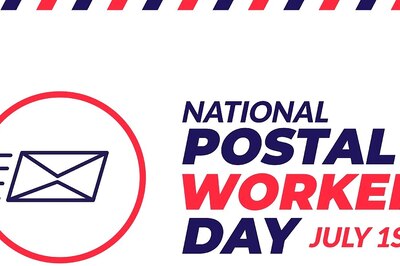
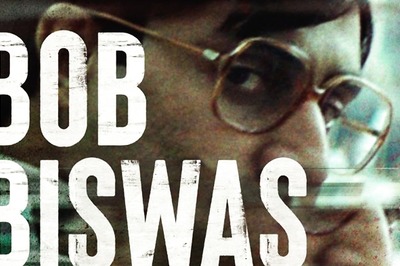

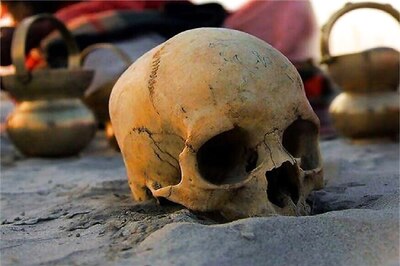



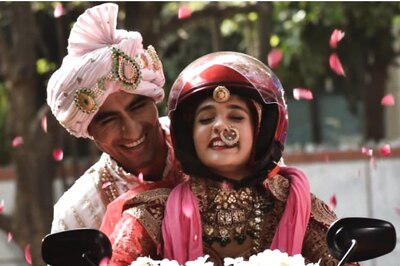
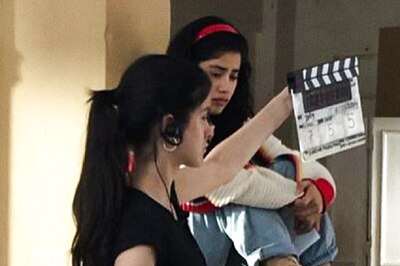
Comments
0 comment